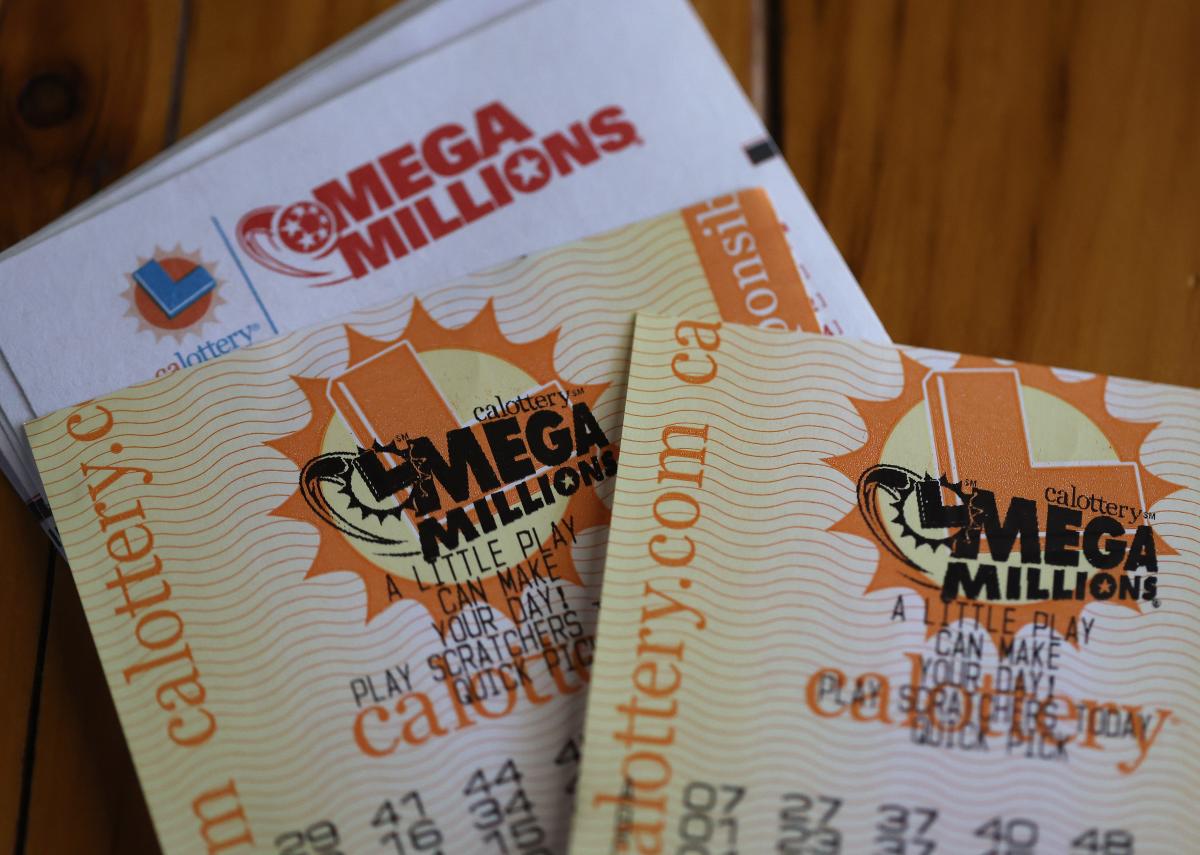Altria (NYSE: MO) owns the Marlboro brand, which has a roughly 41% market share in North America. That’s huge and highlights the company’s dominance in this geographic region. But the downside here is that Altria is only operating in this single region. If history is any guide, Altria’s cigarette business will continue to worsen over the next three years.
A few years back, Altria spun off Philip Morris International as a separate company. Altria retained its North American operations while Philip Morris International ended up with the business outside of North America. The end result was to create a business that was being operated as a cash cow (Altria) and one that had more opportunity for growth (Philip Morris International). In fairness, that’s basically what investors got, noting that Altria’ dividend yield is a lofty 7.5% while Philip Morris International’s yield is a far more modest 4.3%.
But there’s some bad news here, too. Altria’s cigarette volume fell 10.6% through the first nine months of 2024. Over the same span, Philip Morris International’s volume rose 0.5%. To be fair, a 0.5% volume increase isn’t exactly hitting it out of the park, but compared to a decline of 10.6% any positive number looks pretty darn good.
In the end, what this comparison highlights is that Altria spun off the strongest part of its business — one that would have helped to offset the volume declines it is experiencing in North America. But that’s just the beginning of the story. Philip Morris International has now entered North America with non-cigarette nicotine products. That’s an area to which Altria is looking for growth, as it attempts to offset the declines it is experiencing in its core cigarette product. So Altria also created a competitor in its home market when it spun off Philip Morris International.
In 2020, when cigarette volumes benefited from pandemic-related lockdowns, Altria’s cigarette volume fell 0.4%. That was a high point, with the volume declines in 2021, 2022, and 2023 coming in at 7.5%, 9.7%, and 9.9%, respectively. Now add the drop of 10.6% through the first nine months of 2024 to that trend and you can see that Altria’s cigarette business is getting worse, not better.
Extend the 10% decline out three years from the third quarter of 2024 and quarterly volume will fall from 18.2 billion cigarettes to around 16.4 billion in the third quarter of 2025. Go two years out and the quarterly volume number declines to about 14.7 billion in 2026. Three years out brings the quarterly volume down to a bit below 13.3 billion in 2027. These are back of the envelope numbers, but a 10% rate of decline is clearly very bad.
Investors have been excited by the company’s acquisition of NJOY, a vape maker. Altria has been able to grow that business very quickly as it pushed the new product through its strong distribution network. However, the big upside there will likely be over after the acquisition anniversaries. And the NJOY business is nowhere near large enough to offset the troubling declines in Altria’s core cigarette business.
To make matters worse, Marlboro’s huge 41% market share is down from 43% at the end of 2020. That’s about half a percentage point a year, which suggests that, if the company can’t reverse the trend, Marlboro’s share could drop below 40% in three years’ time. This once-dominant cigarette company is increasingly less dominant.
Altria’s huge dividend yield is likely safe for now, as the company has been able to offset volume declines with price increases. But the market share decline in the premium Marlboro brand suggests that this approach may be running out of steam, as consumers are likely shifting to cheaper ways to consume nicotine. Simply put, constantly increasing prices appears to be making the volume issue worse. Even strong growth with the NJOY product isn’t likely to be enough to solve this problem over the next three years.
If you buy Altria for the dividend, make sure you monitor the company closely. A tipping point could be fast approaching that makes the dividend increasingly less sustainable over the long term.
Ever feel like you missed the boat in buying the most successful stocks? Then you’ll want to hear this.
On rare occasions, our expert team of analysts issues a “Double Down” stock recommendation for companies that they think are about to pop. If you’re worried you’ve already missed your chance to invest, now is the best time to buy before it’s too late. And the numbers speak for themselves:
-
Nvidia: if you invested $1,000 when we doubled down in 2009, you’d have $362,841!*
-
Apple: if you invested $1,000 when we doubled down in 2008, you’d have $49,054!*
-
Netflix: if you invested $1,000 when we doubled down in 2004, you’d have $498,381!*
Right now, we’re issuing “Double Down” alerts for three incredible companies, and there may not be another chance like this anytime soon.
*Stock Advisor returns as of December 23, 2024
Reuben Gregg Brewer has no position in any of the stocks mentioned. The Motley Fool recommends Philip Morris International. The Motley Fool has a disclosure policy.
Where Will Altria Be in 3 Years? was originally published by The Motley Fool
EMEA Tribune is not involved in this news article, it is taken from our partners and or from the News Agencies. Copyright and Credit go to the News Agencies, email news@emeatribune.com Follow our WhatsApp verified Channel



